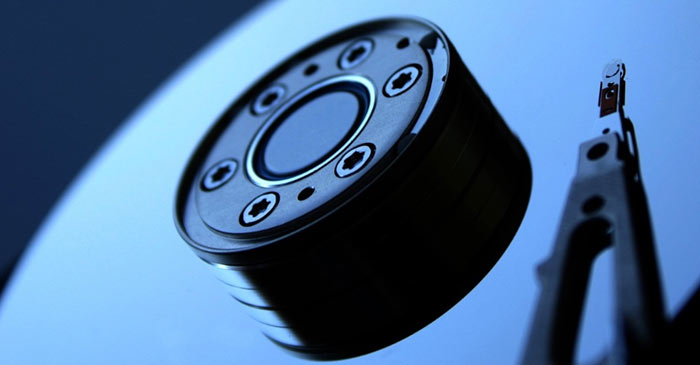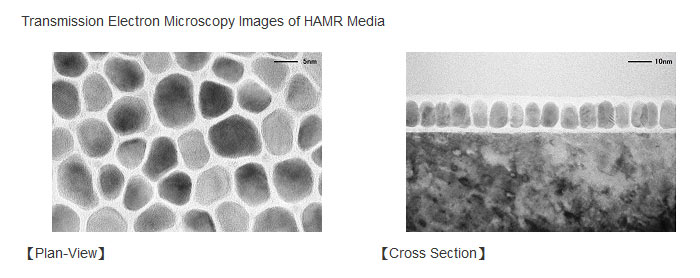Japanese HD recording media company Showa Denko (SDK) has announced that its next-gen super fine Fe-Pt magnetic alloy films are ready for commercialisation. In brief its new media should enable HDD makers to boost capacities of 3.5-inch HDDs towards 70 or 80TB.
World data generation is set to grow >40 per cent year on year spurring on the need for HDDs, or other data storage tech, with ever greater capacities. With this in mind SDK has developed a next gen HD media for HAMR-based HDDs to use.

SDK appears to have finalised its first set of new HD media films and is looking to work with HDD makers in its commercialisation as it ramps up for full-scale supply. The new films use a Fe-Pt magnetic alloy with a new structure of magnetic layers. It says this process results in "magnetic coercivity several times as high as the existing most-advanced HD media, while achieving low noise due to very small crystal grain size and optimized grain size distribution control".

Looking at some numbers to back up the claims of SDK, we are told that the conventional magnetic recording (CMR) methods used today deliver a recording density of approx. 1.14Tb/in2. The new HAMR-based HD media will achieve recording density of 5-6Tb/in2 in the future, says SDK. Thus using the same number of platters the resulting 3.5-inch HDDs should be able to achieve 70 to 80TB per unit.
While SDK is the world's largest independent maker of platters for hard drives, big players like Seagate and WD prefer to use in-house designed and made media to keep costs down. Toshiba plans to use SDK's 2TB MAMR (microwave-assisted magnetic recording) platters for its 18TB HDDs later this year but hasn't indicated any timescale for moving to HAMR.
Our last look at a major HDD maker's roadmap, 14 months ago, saw Seagate predicting 100TB HDDs by 2025. It will be interesting to see if SDK's very small crystal grain size and optimised grain size distribution HD films will help storage makers improve on this.
Source: Showa Denko via AnandTech






